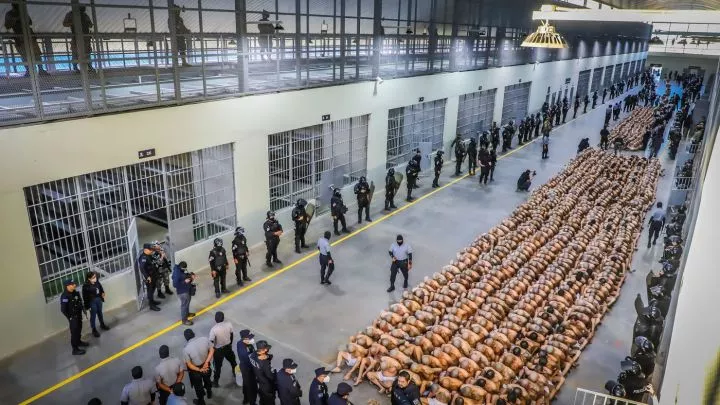
El Salvador has agreed to house violent US criminals and receive deportees of any nationality, US Secretary of State Marco Rubio announced Monday, in an unprecedented - and legally problematic deal - that has alarmed critics and rights groups.
Rubio unveiled the agreement after meeting with Salvadoran President Nayib Bukele, as part of a tour of several Central American countries intended to consolidate regional support for the Trump administration's immigration policy.
"In an act of extraordinary friendship to our country ... (El Salvador) has agreed to the most unprecedented and extraordinary migratory agreement anywhere in the world," Rubio told reporters Monday.
The country will continue accepting Salvadoran deportees who illegally entered the US, he said. It will also "accept for deportation any illegal alien in the United States who is a criminal from any nationality, be they MS-13 or Tren de Aragua and house them in his jails," he said - referring to two notorious transnational gangs with members from El Salvador and Venezuela.
In addition, Bukele "has offered to house in his jails dangerous American criminals in custody in our country, including those of US citizenship and legal residents," Rubio said.
It is unclear whether the US government will take up the offer, however, with questions around the legality of such moves. Any effort by the Trump administration to deport incarcerated US nationals to another country would face significant legal pushback.
"The US is absolutely prohibited from deporting US citizens, whether they are incarcerated or not," Leti Volpp, a law professor at UC Berkeley who specializes in immigration law and citizenship theory, told CNN over email.
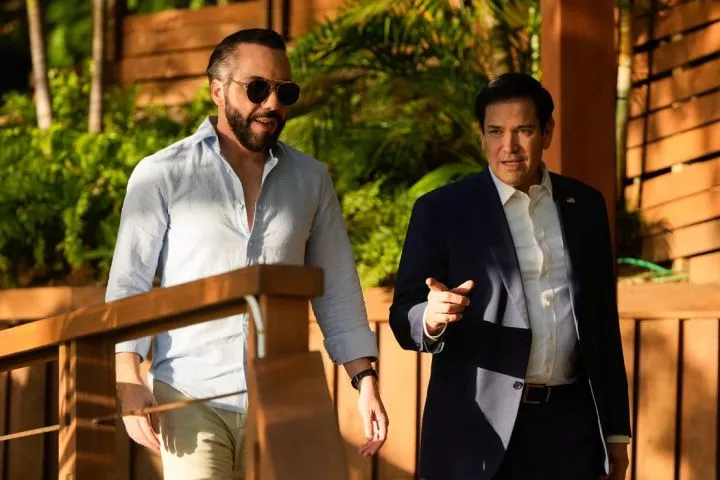
US Secretary of State Marco Rubio meets with President Nayib Bukele at his residence at Lake Coatepeque in El Salvador, Monday, February 3, 2025.
Bukele later confirmed the agreement with Rubio on X, saying in a post, "We are willing to take in only convicted criminals (including convicted US citizens) into our mega-prison (CECOT) in exchange for a fee."
El Salvador's Terrorism Confinement Center, commonly referred to as CECOT, is the country's largest and newest prison, with a maximum capacity of 40,000 inmates.
"The fee would be relatively low for the US but significant for us, making our entire prison system sustainable," he added.
Bukele has been credited with greatly reducing gang violence in the Central American country since launching a sweeping crackdown in 2022 that has seen more than 81,000 people jailed. But while the country's crime rate has fallen, the treatment of those imprisoned has triggered outrage among human rights organizations who call El Salvador's prisons inhumane.
The State Department's travel advisory for El Salvador also warns that those imprisoned in the country face "harsh" prison conditions, without access to due process.
"Overcrowding constitutes a serious threat to prisoners' health and lives," the advisory says. "In many facilities, provisions for sanitation, potable water, ventilation, temperature control, and lighting are inadequate or nonexistent."
Those within the Trump administration and the president's allies have been quick to praise the announcement, with Elon Musk calling it a "great idea" in a post on X. But rights groups condemned the agreement, and critics warned that such a plan could be part of democratic backsliding.
A prominent Latino advocacy group said it was "a sad day for America" in a statement to CNN following the announcement Monday.
Roman Palomares, National President and Chairman of the Board of the League of United Latin American Citizens (LULAC), said the group "opposes treating deported non-criminal migrants like cattle who can be shuttled from one country to another without regard to their home of origin."
Speaking to CNN before the announcement, Emerson College professor Mneesha Gellman said the US was "essentially proposing to send people to a country that is not the country of origin nor is it necessarily the country that they passed through."
"It is a bizarre and unprecedented proposal being made potentially between two authoritarian, populist, right wing leaders seeking a transactional relationship," said Gellman, an international politics scholar. "It's not rooted in any sort of legal provision and likely violates a number of international laws relating to the rights of migrants."
Manuel Flores, general secretary of El Salvador's leftist Farabundo Martí National Liberation Front party, also decried the move on Monday. "What are we? Backyards, front yards, or garbage dumps?" he said at a press conference, referring to both El Salvador and other Central American countries receiving migrants expelled by the US.
El Salvador's mega-prisons
Bukele's vast and violent crackdown on gangs has earned admiration from the Trump administration - which has targeted both MS-13 and Tren de Aragua in recent raids.
Trump has repeatedly claimed without evidence that violent transnational gangs were taking over American cities, using both gangs as a frequent talking point to justify hardline immigration policies and border security.
The president signed an executive order last month specifically naming MS-13 and Tren de Aragua, citing their "campaigns of violence and terror in the United States and internationally" as threats to "the stability of the international order in the Western Hemisphere."
The orders included a recommendation that the State Department start the process of designating Tren de Aragua as a foreign terrorist organization.
On Friday, the US special envoy for Latin America Mauricio Claver-Carone hinted at the agreement between the US and El Salvador, saying Tren de Aragua members "will want to go back to Venezuela rather than having to share the prison with the Salvadorean gangs like MS-13. It's part of what we want to discuss and how President Bukele can help us."
Trump's immigration crackdown
The move comes amid a swift immigration crackdown, with wide swaths of the federal government mobilized to arrest and detain undocumented immigrants in the US, and to strip protections for migrants already in the country.
The agreement described by Rubio and Bukele for El Salvador to allow the US to send asylum seekers who are not Salvadoran to El Salvador is known as a "safe third country" agreement.
Trump has threatened action against nations that will not accept flights of their nationals coming from the US, and briefly walked back from the brink of a damaging trade war with Colombia over the repatriations.
On Friday, Trump said Venezuela had agreed to receive Venezuelan deportees including gang members - a shift in policy after the country's President Nicolás Maduro had also previously refused to take Venezuelan nationals back. The US had also generally been unable to send Venezuelans back due to frosty relations.
The announcement came as Richard Grenell, the White House envoy for special missions, met with Maduro in Caracas - notable since Washington does not officially recognize Maduro's presidency, with opposition leaders accusing the strongman leader of stealing last year's elections.
The Trump administration has also moved forward in removing protections for 348,000 Venezuelans already residing in the US - revoking a temporary protected status that shielded Venezuelans from deportation and allowed them to remain in the US with work permits.

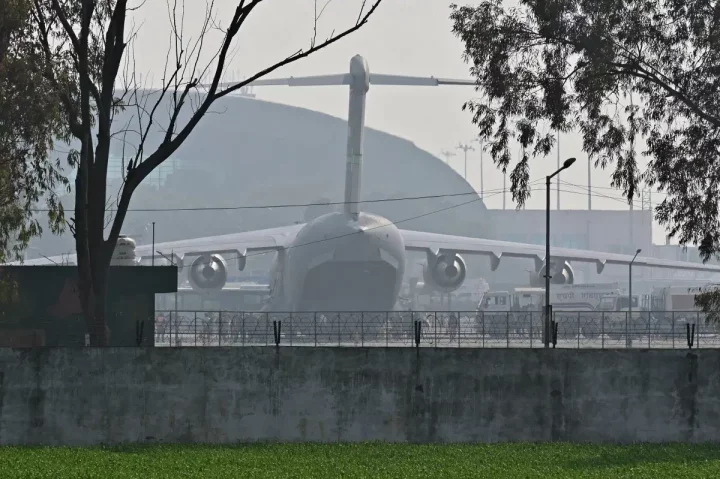
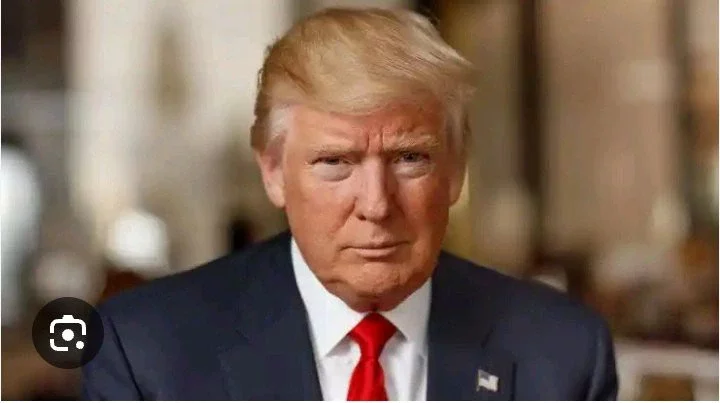
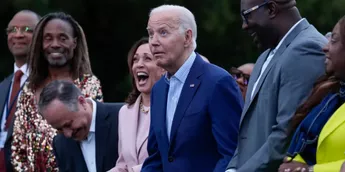
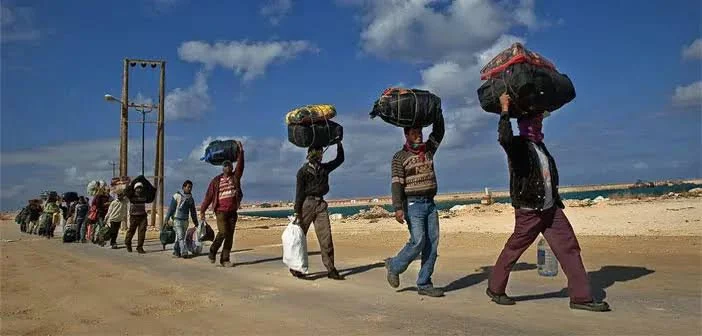
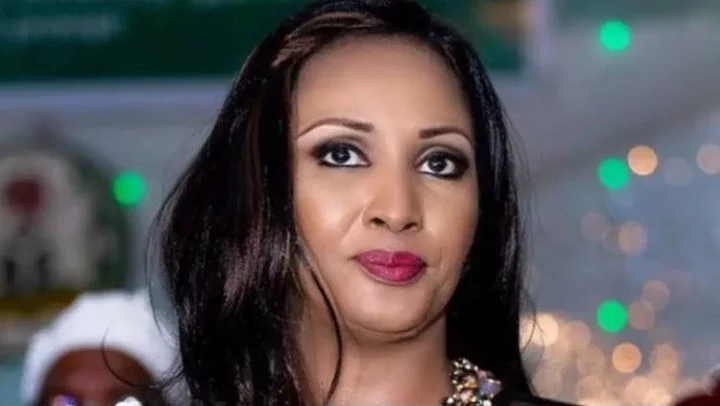
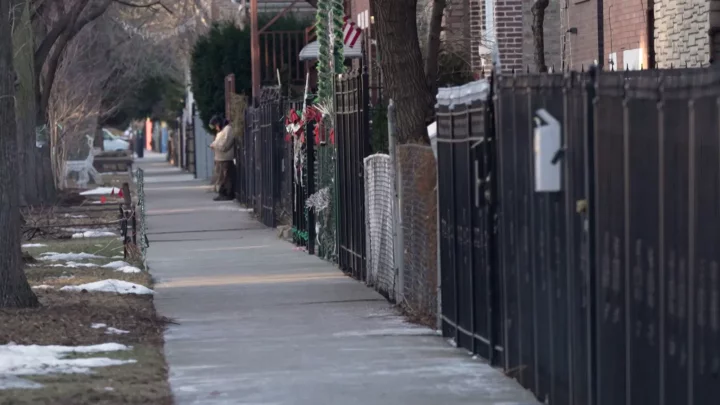
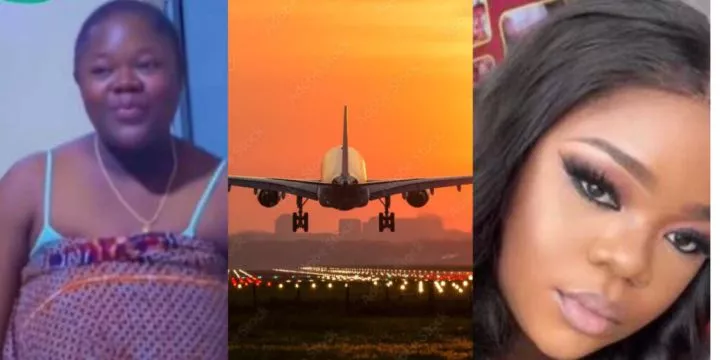
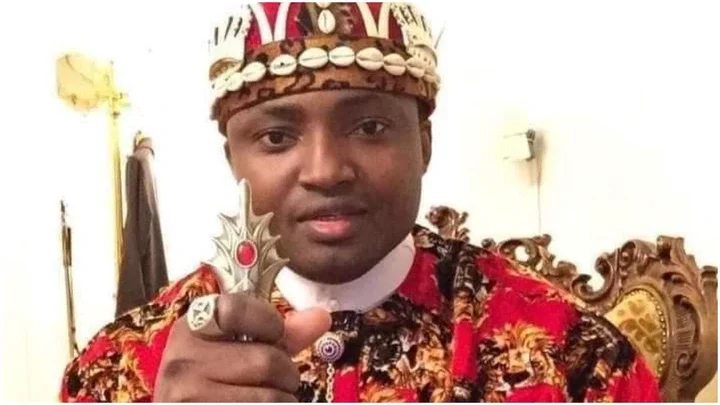

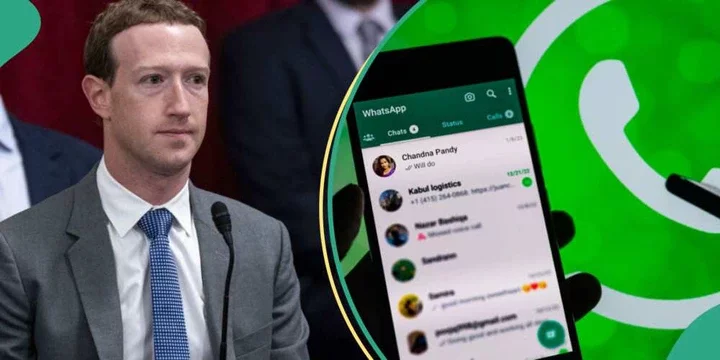
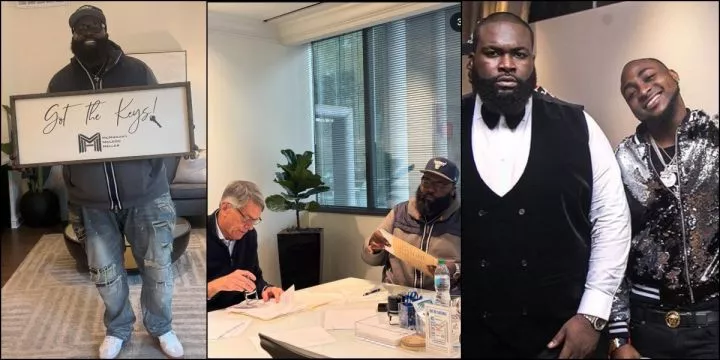
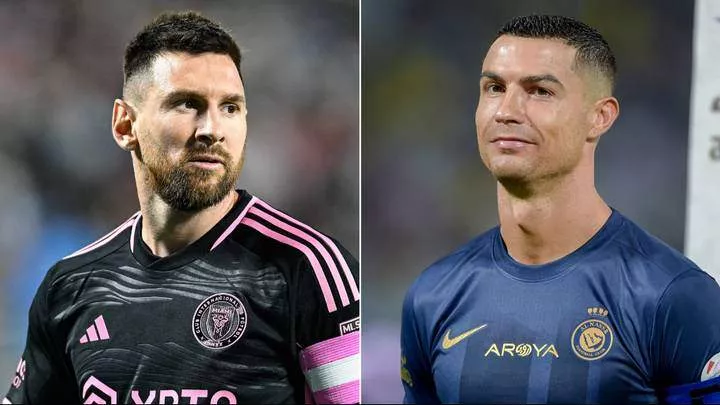
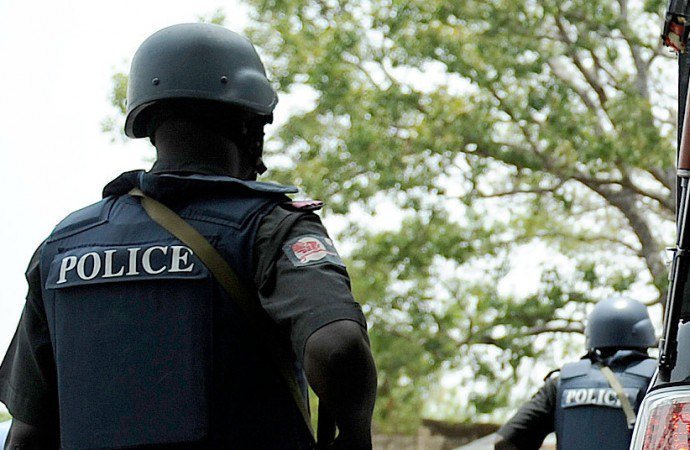


Comments